When talking about an ancient civilization, it would be remiss not to mention one of the most crucial parts of its history—the inevitable downfall. There were plenty of reasons why an ancient civilization failed, and Mesopotamia is no exception. To learn about the downfall of Mesopotamia is to understand a significant portion of history, as ancient Mesopotamia was one of the most crucial civilizations of the old world. In fact, their history spans to the prehistoric era, making Mesopotamia one of the oldest civilizations to exist.
When you look at how grand their cities were back in the day, from Nineveh to Great Babylon, it’s hard to believe that such a civilization could eventually fall. Such is the reason why it’s so interesting to look into the downfall of so many civilizations. That said, here are a few reasons for the fall of the Mesopotamian civilization.
The Disastrous Dust Storms

Dust storms can be a sight to behold, though it’s hard to imagine any civilization suffering enough from dust storms that it gets destroyed altogether. While there are many more reasons for the eventual downfall of the Mesopotamian civilization, dust storms played a surprisingly pivotal role.
You have to understand that back in the day, people couldn’t immediately bounce back from something as devastating as a dust storm. Try to imagine a young America building itself slowly but surely, only to get hit by a terrible tornado. The cities devastated need the help of other areas to rebuild. Mesopotamia didn’t have that kind of luxury, and the dust storms had a habit of devastating cities every winter. These dust storms were relentless, and caused enough damage that most Mesopotamian empires couldn’t keep up.
Farm Lands
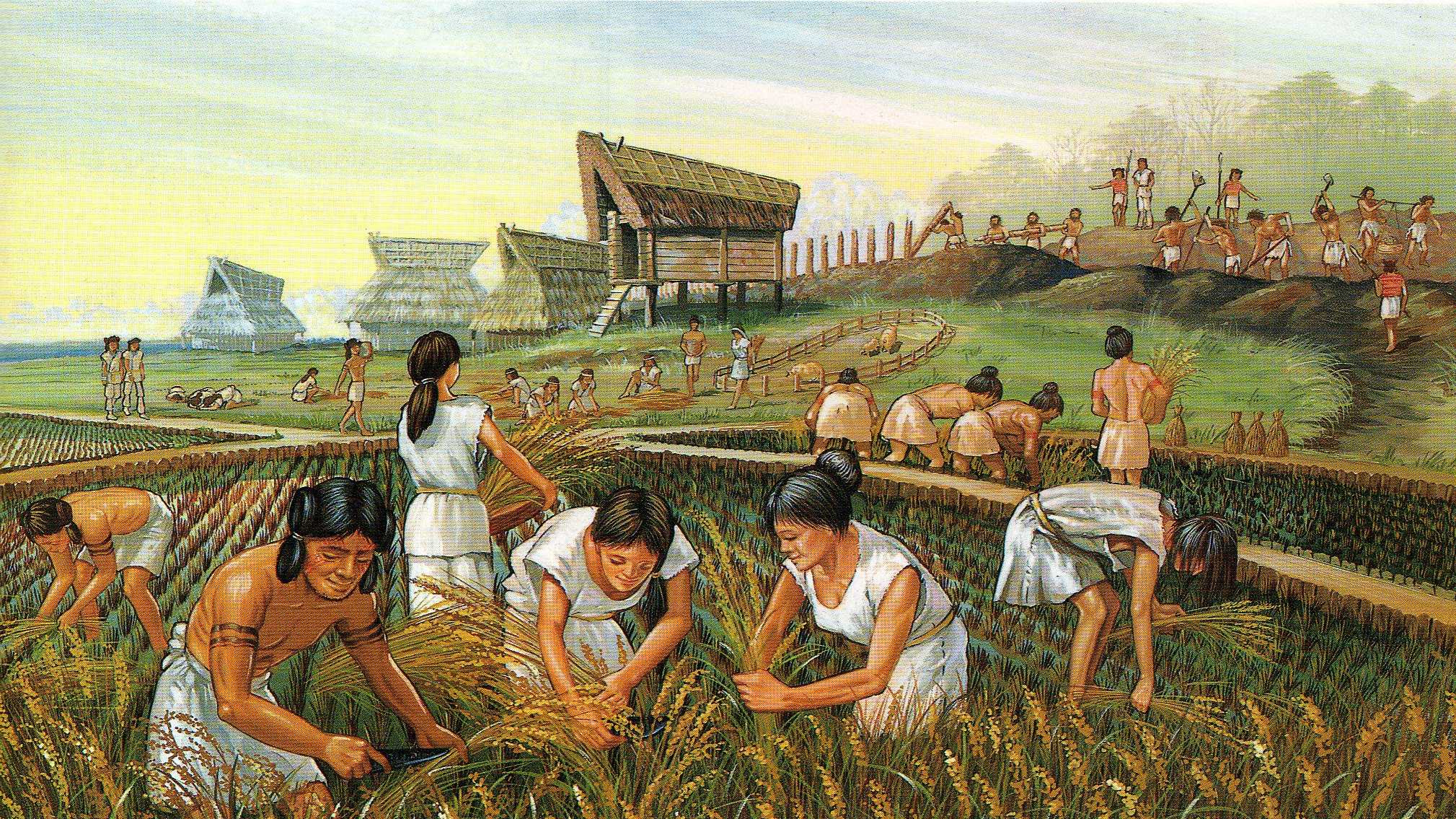
The Mesopotamian lifestyle was almost entirely dependent on the existence of rich farm lands. Keep in mind that the Mesopotamian climate wasn’t the friendliest—though not quite as hostile as Egyptian lands. These farm lands were coveted by many, and the existence of many cities depended on these farms. These farm lands were so valuable that the Mesopotamian city-states were willing to go to war, and go to war they did.
The warring between the city-states got so bad that it triggered the downfall of the Mesopotamian civilization. While it didn’t fall overnight, the toll these battles had on the treasuries of most cities can’t be understated. Not only were they running out of money, but the ostentatious nature of many kings caused even more trouble down the line.
The Nature of City-States
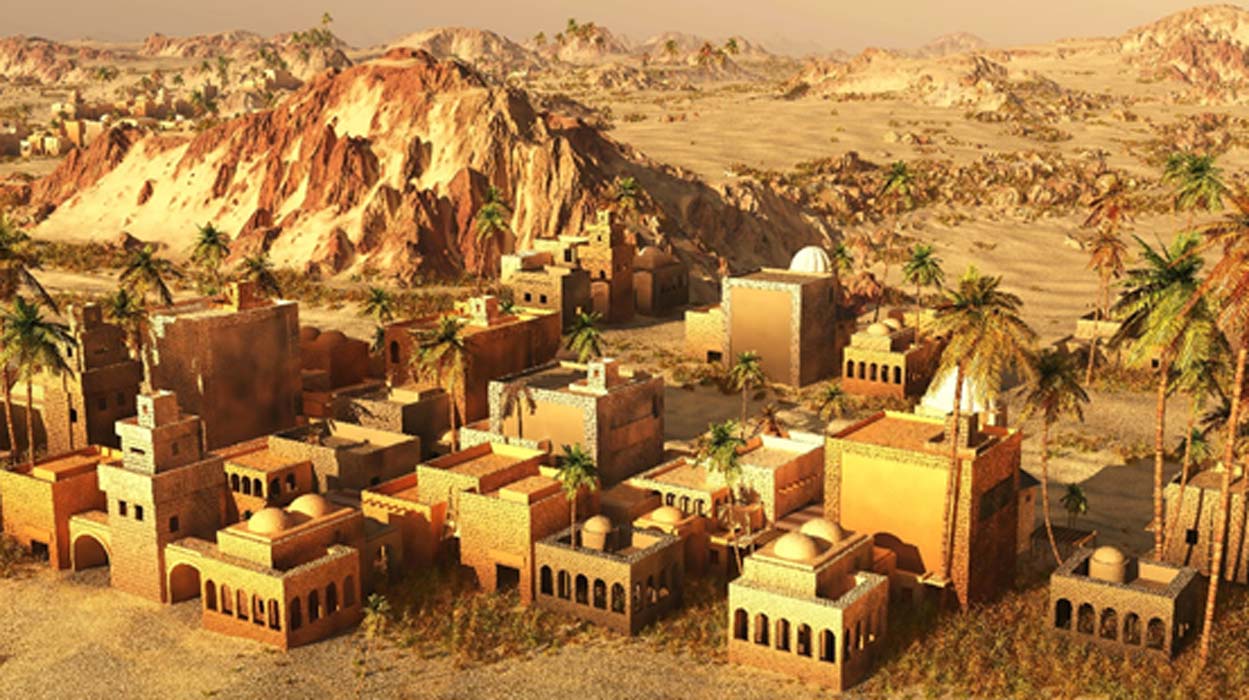
Did you know what triggered the downfall of the mighty Greek civilization? It wasn’t necessarily the death of Alexander the Great that started them down the road to ruin. Instead, it was the nature of their city-states. Instead of unifying together, the Greeks preferred to squabble over territory and fight with each other, which is strange when you consider their philosophy and sense of right and wrong.
In the case of the Mesopotamians, they were the first to adopt the city-state mentality, and it’s also the reason why they eventually crumbled in the end. They couldn’t handle the constant back and forth between city-states, and unlike ancient Egypt, had a difficult time unifying the country. The only time a country becomes strong is if it’s unified, as it allows cities to come to the aid of others. Unfortunately, the constant battling (and the dust storms of course) would cause the death of the civilization.
The Power of Irrigation

The ancient Mesopotamians ended up solving the issue concerning irrigation by creating tunnels that led to their fields. Unfortunately, the rivers were located higher than the plains, and this caused huge problems as time went on. For example, the rivers flowed downward to the fields, which allowed the plains to prosper. However, there was no drainage system as the river water had nowhere else to go.
This eventually led to the water constantly evaporating, leaving behind salt and drying out the fields. While it might not have been an issue at the beginning, the revolutionary means in which the Mesopotamians irrigated their fields became a part of their downfall. The soil cracked, and was no longer able to sustain what the Mesopotamians wanted for the fields. It’s just another one in the long list of reasons why the Mesopotamians fell.
The Nature of Warfare

It often feels like no matter which point we go to in history, warfare will always be one of the central values of a civilization. Mesopotamia, like most other ancient civilizations, focused on warfare over almost everything else. It wasn’t quite like the Indus Valley Civilization, where they neglected war almost entirely. Unfortunately, to survive as a civilization, you must be willing to protect it.
In the case of the Mesopotamians, they went much too far with their warring ways. As they were scattered into city-states, the various empires of the Mesopotamian civilization fought each other with battering rams, siege weaponry, swords, spears, maces, axes, and more. It was a civilization built by blood, and those who live by the sword, die by the sword.
A Civilization Conquered
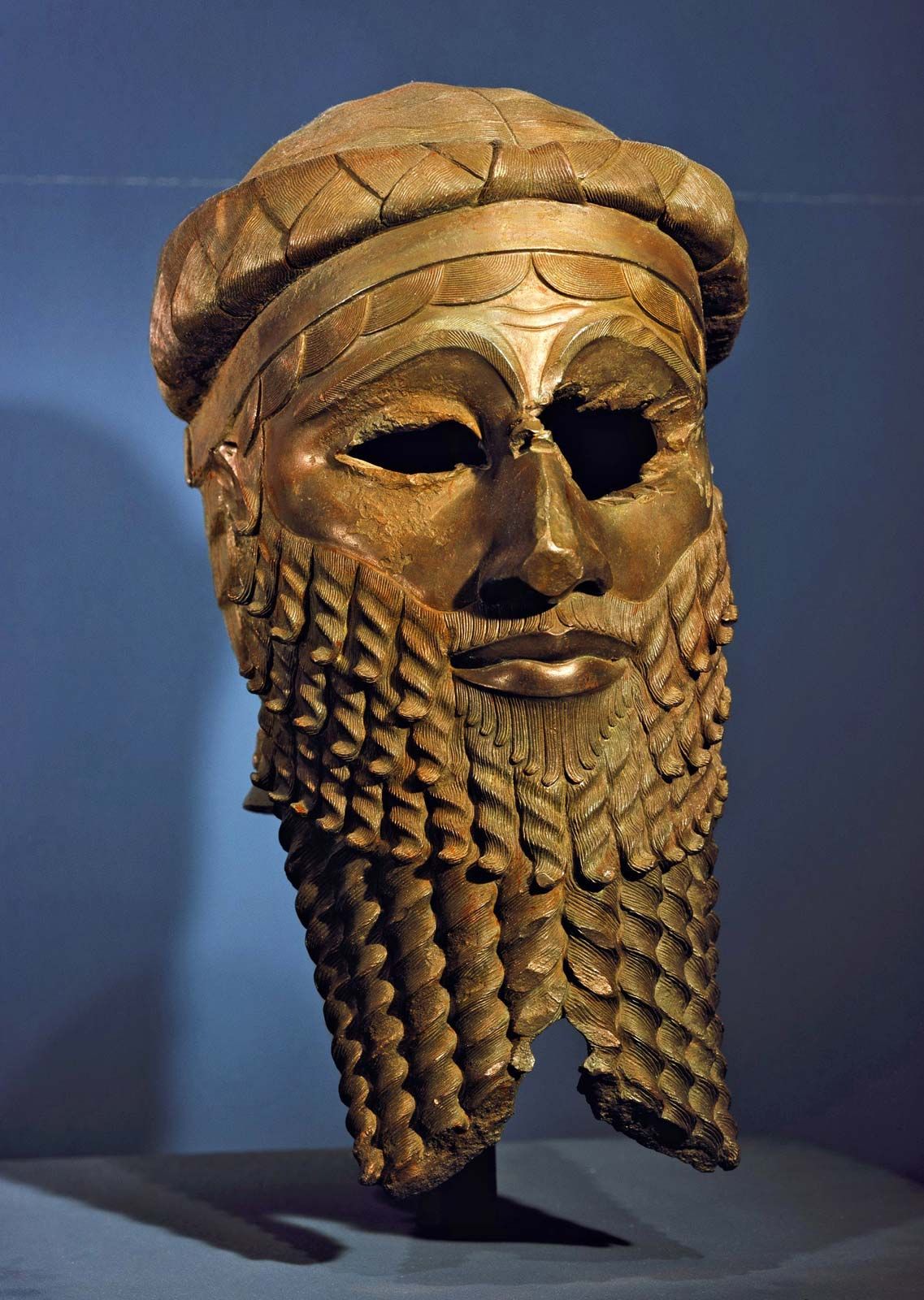
For a collection of city-states so focused on conquering each other, it’s only apt that the Mesopotamian civilization was eventually conquered by other populations. In fact, by the time Alexander the Great had conquered Persia, the Mesopotamian Empire that stood for thousands of years was a shadow of its former self. Only its ruins stood to tell the tale, and even these ruins were constantly battered by dust storms—it’s the reason why so many Mesopotamian cities no longer exist, as their ruins have long been battered by the storms.
The Mesopotamian history was built around the blood of its inhabitants. One empire would conquer the other, ad nauseam, until it was eventually conquered by outside forces.
Drought

Drought is something many countries experience all over the world, and it can be as terrible now as it was back then. The only difference is that the countries affected by drought these days can expect aid from other countries. The world can only really keep going if world leaders are willing to help each other in times of crisis.
In the age of the ancient Mesopotamians, such aid didn’t really exist. City-states would squabble amongst each other, and they would fight tooth and nail over valuable farm lands. That said, what happens when these farm lands fail due to drought? It’s not just about the flooding of the land that caused the decline, but also the periods of drought. It’s a natural disaster that the Mesopotamians weren’t prepared for, similar to the dust storms.
The End of Babylonian Culture
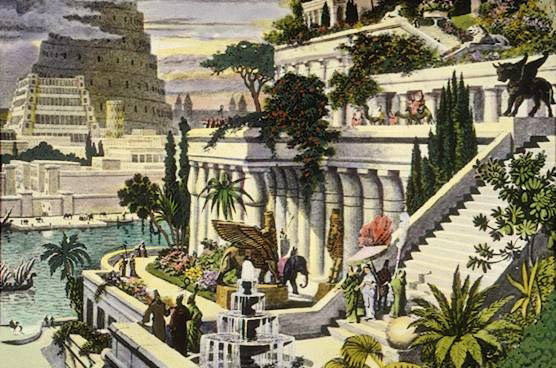
They say that the Babylonians once built a structure so tall, that the Christian God punished them by dividing the people of Babylon, causing them to speak in different tongues. You don’t get that kind of story and expect the civilization in question to not be a world superpower of some kind. The Babylonian empire was arguably one of the greatest empires of the world, and it’s the decline of their culture that eventually led to the end of the Mesopotamian civilization as a whole.
The Babylonians already had many of the problems all of the previous civilizations faced, except now they had the extra issue of other civilizations looking to attack. The invasion of the Persians was met with middling resistance, to the point where very little of the Babylonian culture was left afterward.
A Lack of Structural Integrity
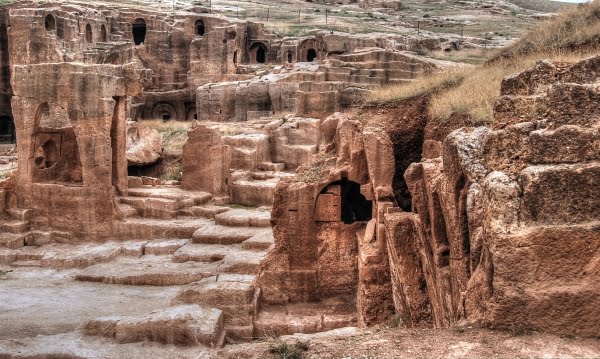
When we talk about the lack of structural integrity, we don’t necessarily mean all of the Mesopotamian empire. After all, there are ruins still standing, which serve as a testament to Mesopotamian ingenuity. However, we also have to keep in mind that early Mesopotamians were part of the prehistoric era. They built the first cities, after all.
It’s understandable then, that the Mesopotamians would also suffer from a lack of structural integrity in many of their cities. When dust storms came and went, the inhabitants had a challenging time rebuilding. They couldn’t keep up with mother nature.
The Natural Cycle
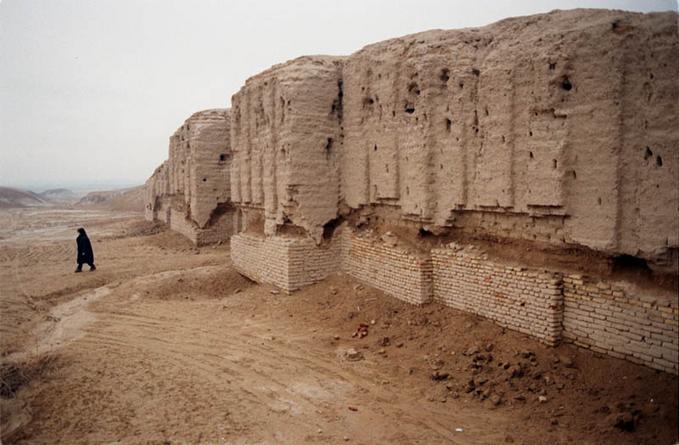
Last but certainly not least, let’s talk about how Mesopotamia seems to check all the boxes when it comes to the natural cycle of a civilization’s downfall. Natural calamities made it challenging for such an early civilization to thrive, and their plans for irrigation would backfire due to the placement of the rivers. Their downfall can also be attributed to climate change. The lack of structural integrity led to many cities being destroyed by the passage of time.
Like any civilization, they had a habit of going to war, but pushed too far, and caused too much squabbling between city-states instead of unification. It’s the way of the world that the weak become swallowed by the strong, and so the Mesopotamians were eventually conquered by other civilizations.